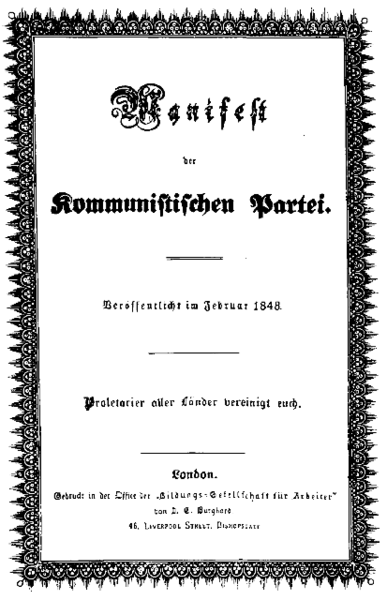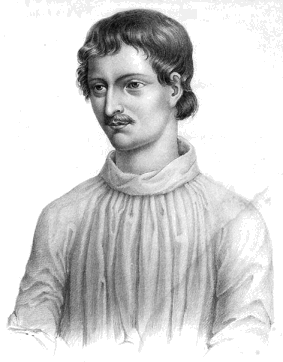httpv://www.youtube.com/watch?v=vlrGNZL7CVc
The prosecution and martyrdom of Thomas Cranmer from David Starkey’s documentary series, Monarchy. (Video not embedded: click on the image above and hit the YouTube link.)
On the heels of yesterday’s post regarding the execution of Henry VIII’s fifth wife Catherine Howard, her accuser, Thomas Cranmer, Archbishop of Canterbury, was declared a heretic by Queen Mary on this date in 1556. Catherine Howard’s lady-in-waiting, Jane Boleyn — Anne Boleyn’s sister-in-law who was executed as Catherine’s accomplice in treason — had previously been instrumental in bringing down Queen Anne by affirming her supposed incest with her brother (and Jane’s husband) George. With the execution of Cranmer under Queen Mary, this particular nemesis cycle draws to a bloody close. The person who rides the new cycle upwards is, of course, Anne Boleyn’s daughter, who ascends the throne as Elizabeth I after the premature death of her half-sister Mary. Elizabeth as queen undoes all of Mary’s effort to make England Catholic again — and that effort was the reason for Cranmer’s arrest, conviction and execution as a Protestant heretic in the first place. So yet another mortal cycle spins round.
Here, appropriately enough, is an excerpt from “Romance as Masque,” in which Frye once again addresses the tragic perspective provided by the wheel of fortune in Shakespeare’s Henry VIII:
The hero of Henry VIII is not so much the king as the wheel of fortune. The first turn of the wheel brings down Buckingham, the second turn Wolsey, the third Queen Katherine and others. If we like, we can see a rough justice or even a providence operating: Wolsey’s fall is the nemesis for his treatment of Buckingham, and Queen Katherine, though innocent, has to go in order to get Elizabeth born. For this reason it is unnecessary to apply moral standards to King Henry: whether we think of him resolute or merely ferocious, we cannot be sure if he turns the wheel of fortune or has simply become part of its machinery. Certainly the crucial event of the final scene, the birth of Elizabeth, there is a factor independent of his will, even though he takes credit for it, as befits a king. In this final scene there is a “prophecy” by Cranmer about the future greatness of England under Elizabeth and her successors, which generically is a very masque-like scene, a panegyric of the sort that would have normally accompanied the presence of a reigning monarch in the audience.
The only difficulty is that the scene shows the final triumph of Cranmer and of Anne Boleyn, and the audience knows what soon happened to Anne, as well as to three of her successors, and eventually to Cranmer. It also knows the reign of Elizabeth was preceded by that of Queen Katherine’s daughter, whose existence Henry appears to have forgotten: “Never before / This happy child, did I get any thing,” he says. (CW 18, 144-5)




